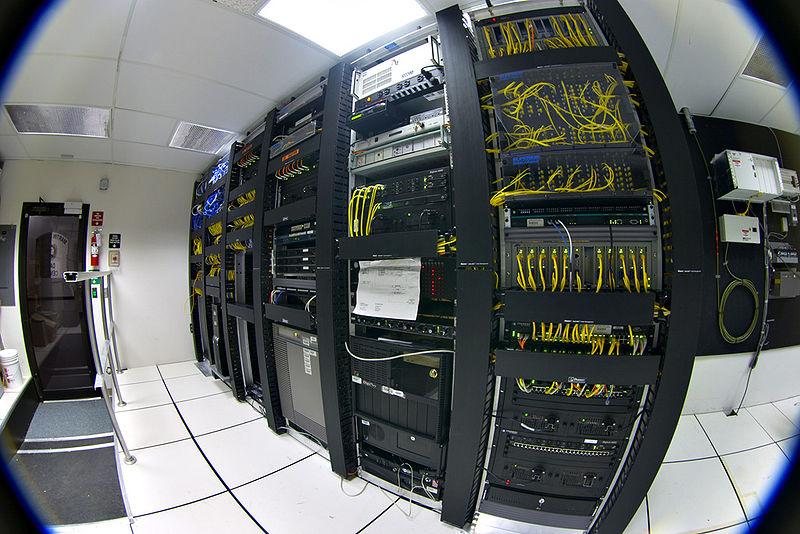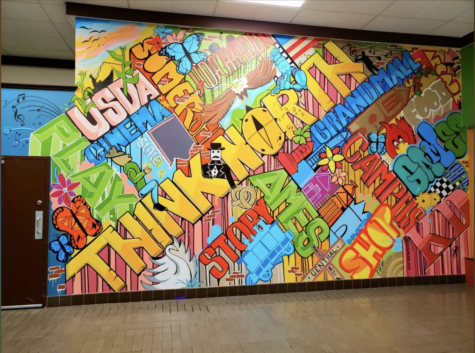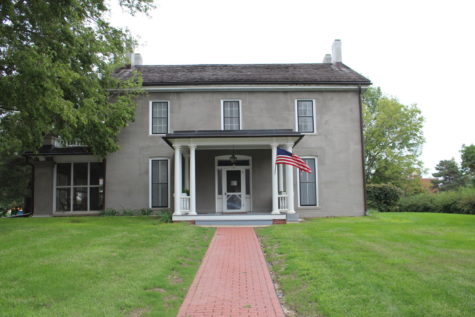Microsoft set to build $700 million data center in Des Moines
June 26, 2013
Iowa is steadily becoming the hidden gem in the corporate battleground. Throughout the past few years, companies like Google, Facebook and Microsoft have all invested heavily in new data centers, the latter of which has just decided to spend $700 million on its latest acquisition.
Microsoft, the technology giant based out of Redmond, Wash., isn’t new to the state. The company owns more than 40 acres of land in the Des Moines area, on which they’ve built – and plan to build – large data centers for their online cloud services such as Xbox LIVE and Windows programs.
The company will receive $20 million in tax credits for their new project, as recently approved by the Iowa Economic Development Authority Board.
Microsoft’s latest investment was not entirely out of left field. Earlier this year, the Des Moines Register reported that a $700 million data center codenamed Project Mountain was found in state documents.
It was reported that it would be coming to the city as the most expensive endeavor it’s seen, yet.
Debi Durham, director of the Iowa Economic Development Authority, said that this expansion was relatively quick to come to light because of Microsoft’s experience with the area.
“For the last two and a half years, we’ve had lots of projects. We work directly with companies and communities; Microsoft’s expansion was so fast because it’s actually their third one in the area,” Durham said. “Unlike with Facebook’s data centers [confirmed to be coming to Altoona], this process with Microsoft was relatively quick because we both knew how these things work around here.”
The actual procedure of organizing such a large financial investment is not done overnight, Director of Community and Economic Development for West Des Moines Clyde Evans said.
There are proposals, agreements, levels and phases of the approval process that must go on between the West Des Moines officials, state officials, and Microsoft.
“We have these processes so that we can have each of our steps down in writing. Once the proposals are agreed upon, it’s up to the city council to take action,” Evans said.
The data center will house important, private company information and that security would match that importance, Evans said.
“It’s going to be pretty tightly nailed down. Requests for qualified visitors must be sent directly to the Redmond, Washington offices before they can enter the premises, and even then you’ll still have to deal with security gates, reinforced booths, and security guards before you get in,” Evans said. “Microsoft is very strict about the security of their customers’ data, so I don’t see the place ever giving local tours and such.”
Durham sees the same thing as Evans does, in regards to public access.
“It’s not uncommon for this level of security to be in place. But I don’t think the public will have a negative reaction to the lack of access; rather, I think most people will take comfort in knowing that their personal information is so safe, as I do,” Durham said.
Evans said that while the new center won’t provide much in the way of jobs (only about 50 are expected to work in the new addition), it benefits the city and Iowa in other ways.
“We’re very pleased to do the expansion here because it shows their interest not only in West Des Moines, but Iowa as a whole. It puts us on the map and helps highlight our qualities,” Evans said.
The qualities – or incentives – of coming to Iowa are mouth-watering for these large-scale companies. One of the largest costs for data centers like Microsoft’s is the simple necessity of keeping it powered, and Iowa has one of the lowest natural energy costs of the nation, according to Durham.
Additionally, Iowa doesn’t charge tax for electricity, a savings that can cut a company’s sustainability costs exponentially.Durham said that Iowa is quickly becoming a hot spot for corporations.
“I expect to see more centers like these from small and large companies. Iowa has 3 large platforms: Manufacturing, information technology, and bio-economy,” Durham said. “It’s so enviable to these companies because those three platforms are hitting really hard right now, except for IT. However, IT is catching up with acquisitions like these, and that’s what’s helped us through the recession so much more than other places.”
It was also mentioned that green energy is a large incentive of the companies setting up shop in the corn state.
“Google has invested in a wind farm and Facebook chose Altoona partly because of its wind energy,” Durham said. “I fully expect these companies to be pushing the green conversation forward in Iowa. We’re working on how to move Iowa forward, and those benefits will never go away.”
Durham added that she finds it particularly interesting that these companies are expanding here, not just moving in.
“Iowa is a safe investment for these centers. There’s a national buzz going in here, and they know it,” Durham said.
These companies are starting to work with, what Durham said, universities to let students know that there are new job opportunities close to home, in fields that didn’t use to be so large.
“Changes like what we’re seeing now can cause universities to look at their curriculums and possibly add more IT courses for students interested in entering the growing field,” Durham said. “It all comes back to just how much Iowa is advancing these days.”















